- About Us
- Our Solutions
- What we can do for you
- Step Up Women – Individuals
- Internal Impact – Walk the Talk
- Internal Impact – Step Up Plus Program
- Internal Impact – Leadership Conference
- Leadership Conference 2024 Agenda
- Internal Impact – The RSM Circles
- External Impact #RedShoeTuesday
- External Impact #WingsOfCourage
- External Impact – Ring The Bell
- Awards
- Blog
- Compass Collection
- Shop
- Cart

The RED SHOE MOVEMENT
Unlocking Talent Potential. Transforming Workplaces.
Elevate all your Talent. Solidify your Employer of Choice Credentials in the Market.
Experience Engagement, Retention and Transformative Growth with our unique 360 degrees approach.
Meet with us online
Let’s find a moment
Schedule a Call for a Free Consultation About Programs & Services — Organizations Only


about us
A 360º Approach Proven to Engage, Develop & Retain your Talent while Transforming your Workplace
Nurture your emerging talent and build a truly inclusive environment. With us, every step towards making everyone feel welcome strengthens your company’s heart and image
- Empowerment Through Expert Coaching
- Belonging Workplace Strategies
- Instilling Confidence & Self Agency
- Attracting Top Talent
- Solidifying your Employer of Choice Credentials
Our Services
Internal Impact: Professional Development with a Unique Approach
Unlock the full potential of your talent with our proven proprietary approach.
Ignite and sustain your team's growth with this year-long, comprehensive development program, featuring expert coaching, webinars, and interactive content to boost productivity and engagement.
Transform your male employees into advocates for gender inclusion with this specialized program, offering webinars and podcasts designed to foster a supportive and inclusive workplace environment.
Embed allyship deeply within your organization's culture with this hands-on program, providing training and conversations to model and practice effective allyship for a more inclusive workplace.
Experience transformative empowerment and networking at our signature event, featuring interactive sessions, executive panels, and action planning, all focused on women’s career advancement and mutual mentoring.
Success Projects
External Impact: Cause Marketing Initiatives
Inclusion Communication Campaigns that strengthen your Credentials as an Employer of Choice.
Building Inclusive Futures: Discover how our comprehensive programs have not only nurtured top talent but also reshaped corporate landscapes to create environments where everyone feels welcome.
Across the Globle
Get in Touch with us,
Get in Touch with us,
We Work Globally


Hotspot Title
Lorem Ipsum is simply dummy text of the printing and typesetting industry.

Hotspot Title
Lorem Ipsum is simply dummy text of the printing and typesetting industry.

Hotspot Title
Lorem Ipsum is simply dummy text of the printing and typesetting industry.

Hotspot Title
Lorem Ipsum is simply dummy text of the printing and typesetting industry.

Hotspot Title
Lorem Ipsum is simply dummy text of the printing and typesetting industry.
Red Shoe Movement Press
They Talk About Us

Red Shoe Movement News





























